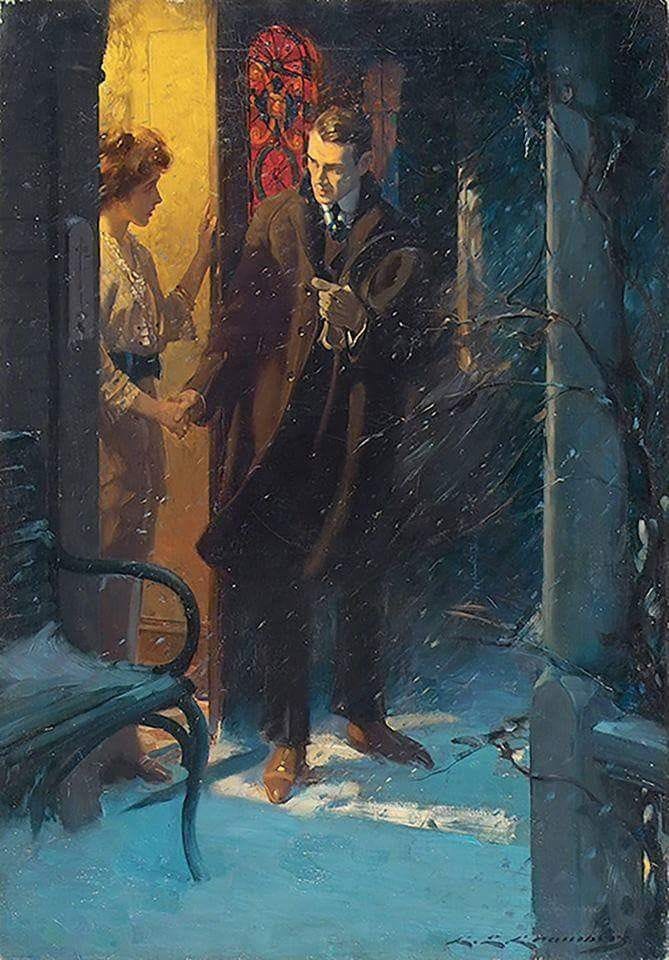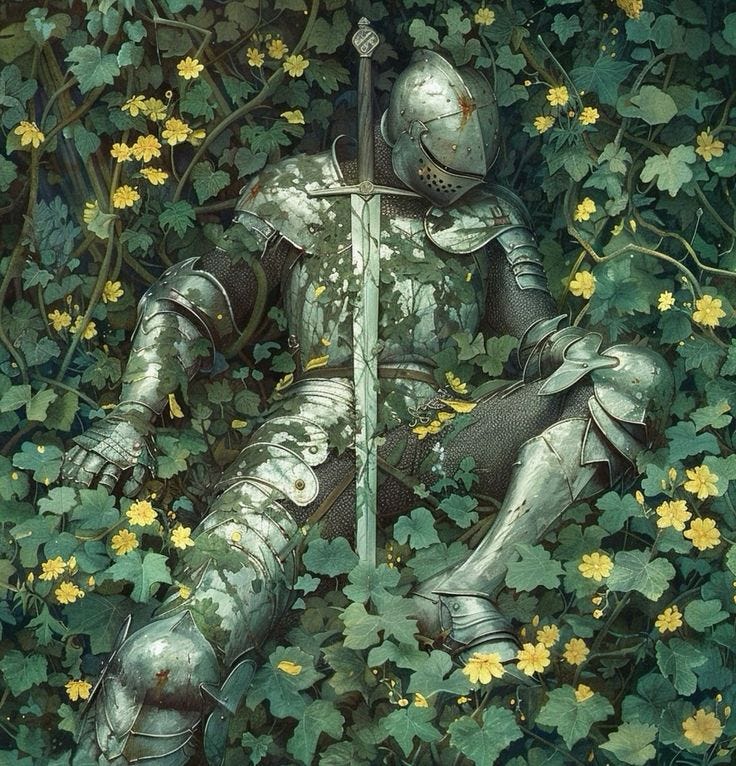Hello Readers,
As July comes to a close, I find myself reflecting on the time that has passed and how I have changed. It was around this time of year when I wrote a two-page draft for my first short novel, "I Saw The Devil." This short story idea came to me during a field trip to a waste treatment center at the Children’s Hospital in Lahore for my community medicine class.
I initially forgot about the story within a few days, but the people I showed it to encouraged me to write more, delve deeper, and enrich the narrative with more events. Later that year, as the winter breeze began to pick up and I was on exam prep leave, I revisited the draft. I decided to separate each event or theme into different pages. Finding the right words and inspiration was challenging at first, but after a few attempts, I caught the golden string of creativity and began weaving words into scenes, and scenes into a story.
For the first time, I consciously experienced the flow and ecstasy that writing brought me. This was my initial attempt to create a morally grey character and explore the literal depths of our psyche, emotions, and morality. Books like Robert Greene’s "Laws of Human Nature," Dr. Viktor Frankl’s "Man’s Search for Meaning," "Love for Imperfect Things," and "Crime and Punishment" were instrumental in this journey. They fueled my mind with the raw materials that would later be reflected in my story, detailing the life of a doctor and painting a picture of the current youth and social system in Pakistan.
One of the central themes I explored in "I Saw The Devil" is the pain of loss and the impact it has on our lives. As one of the characters poignantly observes,
"The closer you are to someone, the more it hurts when they leave."
This quote encapsulates the depth of connection and the profound sense of loss that can accompany it. It serves as a reminder of the vulnerability inherent in our closest relationships and the emotional scars that can linger long after someone is gone.
Another theme that runs through the novel is the idea that many of our problems are rooted in our perceptions and prejudices.
"We often sow the seeds of problems through our prejudices and perceptions. Sometimes all it takes is a shift in perspective and a deeper understanding of the intricate connections and unfolding of events to unravel these complexities."
This quote underscores the importance of self-reflection and the willingness to see beyond our biases. It suggests that by changing how we view the world and our place in it, we can begin to untangle the issues that seem insurmountable.
Lastly, the story delves into the nature of love and its complexities.
"Love isn't about necessity; it's both a choice and a need. I aim to be her choice as much as she is mine—not just a need that she fulfills. While my nights were serene on their own, she brought vibrant hues to my days unlike anyone else."
This quote highlights the dual nature of love as both a need and a choice, emphasizing the voluntary aspect of choosing to love someone and the unique joy that person brings into our lives. It speaks to the enriching power of love and the way it colors our existence.
"I Saw The Devil" is more than just a story; it's a deep dive into the psyche of its characters and, by extension, the readers. The protagonist, a doctor, grapples with moral ambiguities and the haunting weight of past decisions. The story takes us through the gritty realities of a doctor's life in Pakistan, juxtaposing the serene and the chaotic, the personal and the professional.
One particular passage that stands out is when the protagonist reflects on the duality of human nature:
"In every saint, there resides a devil, just as in every devil, there resides a saint. It is our actions and choices that tip the balance and define our essence."
This theme of duality runs throughout the narrative, challenging readers to confront their inner conflicts and moral dilemmas.
The novel also sheds light on societal issues, particularly the pressures faced by young professionals in Pakistan. The protagonist’s journey is a reflection of the struggles of many young doctors who are caught between their aspirations and the harsh realities of their environment. It paints a vivid picture of the systemic challenges and the personal battles that define their lives.
"I Saw The Devil" is not just a tale of darkness and despair; its is also a story of resilience and redemption. It explores how individuals can rise above their circumstances and find meaning amidst chaos. The novel's exploration of human nature, love, loss, and societal pressures makes it a compelling read for anyone interested in understanding the complexities of life.
P.S.
You can find a free copy by clicking here







